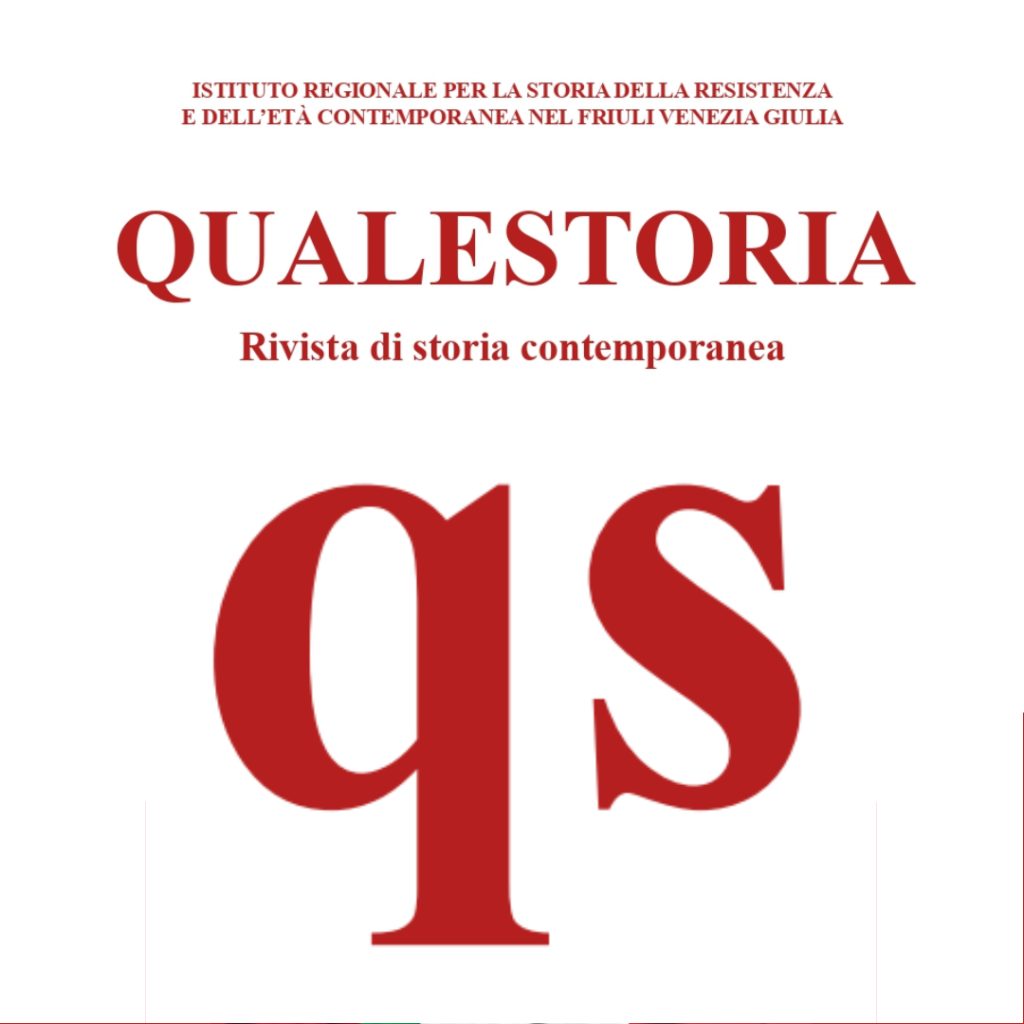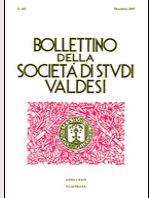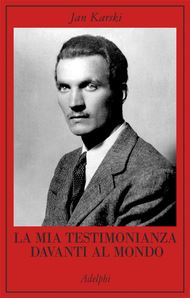Beyond the Revolution in Russia
Narratives – Spaces – Concepts. A 100 years since the Event
Deadline: May 15, 2017
Prague, November 7 – November 10, 2017
https://1917.hypotheses.org/ 537
During the conference, on the occasion of the 100th anniversary of the events in Russia, we would like to consider individual layers of reception, commemoration, and performance of revolutionary thoughts, images, and practices in the area of the Central and Eastern Europe.
The conference takes place at the Faculty of Arts of Charles University (náměstí Jana Palacha 2, Praha 1).
Key fields
Key fields of the conference are defined by / but are not limited to: Narratives of the Russian Revolution, Russian Revolution in time and space, Concepts and interpretations of the Russian Revolution
Argumentaire
The outbreak of a socialist revolution in one of the least industrially developed European regions might be found by the contemporaries as surprising as the destabilizing potential of new revolutionary thoughts in the following period of the civil war. Its consequences were fully manifested, for instance, in young successor states of the Austrian Empire: Poland, Czechoslovakia, or Hungary. Apart from the immediate influence of revolutionary events, we would like to focus on transferring and transforming functions of ideas, concepts, and practices of the revolution both within Russian, or rather Soviet Empire, and in the Central-Eastern European region.
During the conference, on the occasion of the 100th anniversary of the events in Russia, we would like to consider individual layers of reception, commemoration, and performance of revolutionary thoughts, images, and practices in the area of the Central and Eastern Europe.
We would like to render the Russian revolution in its ambiguity between the event itself, medium-term social and economic transformations, and a long-term reconfiguration of the spaces of power and politics.
In what ways and directions did the revolutionary violence spread? What concept of the revolution became the basis for the hegemonic ideological toolbox of the Stalinist Empire after the subsequent civil war? How were the images of the Russian Revolution changing within the dominant discourses of the state-socialist dictatorships in the post-Stalinist era? What was left of revolutionary thoughts in the so-called post-ideological era after the “end of history” in 1989?
These and similar questions should open up the discussion of the issues from the fields of philosophy, political science, historiography, and other social sciences and humanities, which can be connected with, although not limited to, the following topics:
Narratives of the Russian Revolution
Historiographical concepts, key debates, contemporary interpretations, layers of interpretation, the transformation of images and roles of the Russian revolution in the Central-Eastern European cultures.
Russian Revolution in time and space
Revolution and the Russian Empire (Russian revolutions 1905-1917), performance and topography of the spread of revolutionary practices, features and layers of historical memory, commemoration rituals and the places of memory of the Russian Revolution.
Concepts and interpretations of the Russian Revolution
The Russian concept of revolution and its reception; did the idea of the Russian revolution fail? Russian revolution in Czechoslovak (or Czech and Slovak) and Central and Eastern European intellectual space.
A collective monograph will be published on the basis of chosen papers. The organizers reserve the right to withdraw from the intent of its publishing at any time.
Fee
Conference fee is 50 Euro (ceremonial reception, conference service, 4x coffee break, 2x lunch).
The full-time students can be exempted from the fee. They can also apply for a contribution towards the transport and accommodation expenses.
Submission guidelines
We kindly ask those interested for sending us a draft paper till May 15, 2017.
to conference.17@ffabula.cz
Aside from a title and a short annotation (150-200 words), it should include contact details, CV, and a list of the 5 most important publications from the last 10 years.
Authors of chosen papers will be contacted till June 30, 2017.
Deadline for submitting conference papers with maximum length of 5 500 words is October 15, 2017.
Deadline for submitting the papers that should be published in the monograph (between 7-10 thousand words) is January 31, 2018.
Conference languages
czech and english
Selection
The organizers reserve the right to choose the papers. The papers are going to be chosen by a scientific comittee consisting of experts appointed by organizing institutions (Charles University, Czech Academy of Sciences, Institute for the Study in Totalitarian Regimes).
Scientific Committee
Chair: Prof. Mgr. Vratislav Doubek, PhD.(Masaryk Institute and Archives, Czech Academy of Sciences)
Members:Dr. Phil. Rudolf Kučera, PhD. (Masaryk Institute and Archives, Czech Academy of Sciences)
PhDr. Jaromír Mrňka (Institute for the Study in Totalitarian Regimes)
Mgr. Jiří Růžička, PhD.(Philosophical Institute, Czech Academy of Sciences)
PhDr. Ondřej Vojtěchovský, PhD. (Institute of General and World History, Charles University in Prague)
CATÉGORIES













